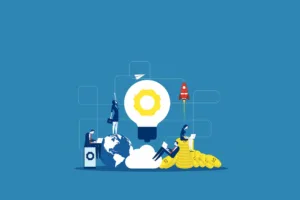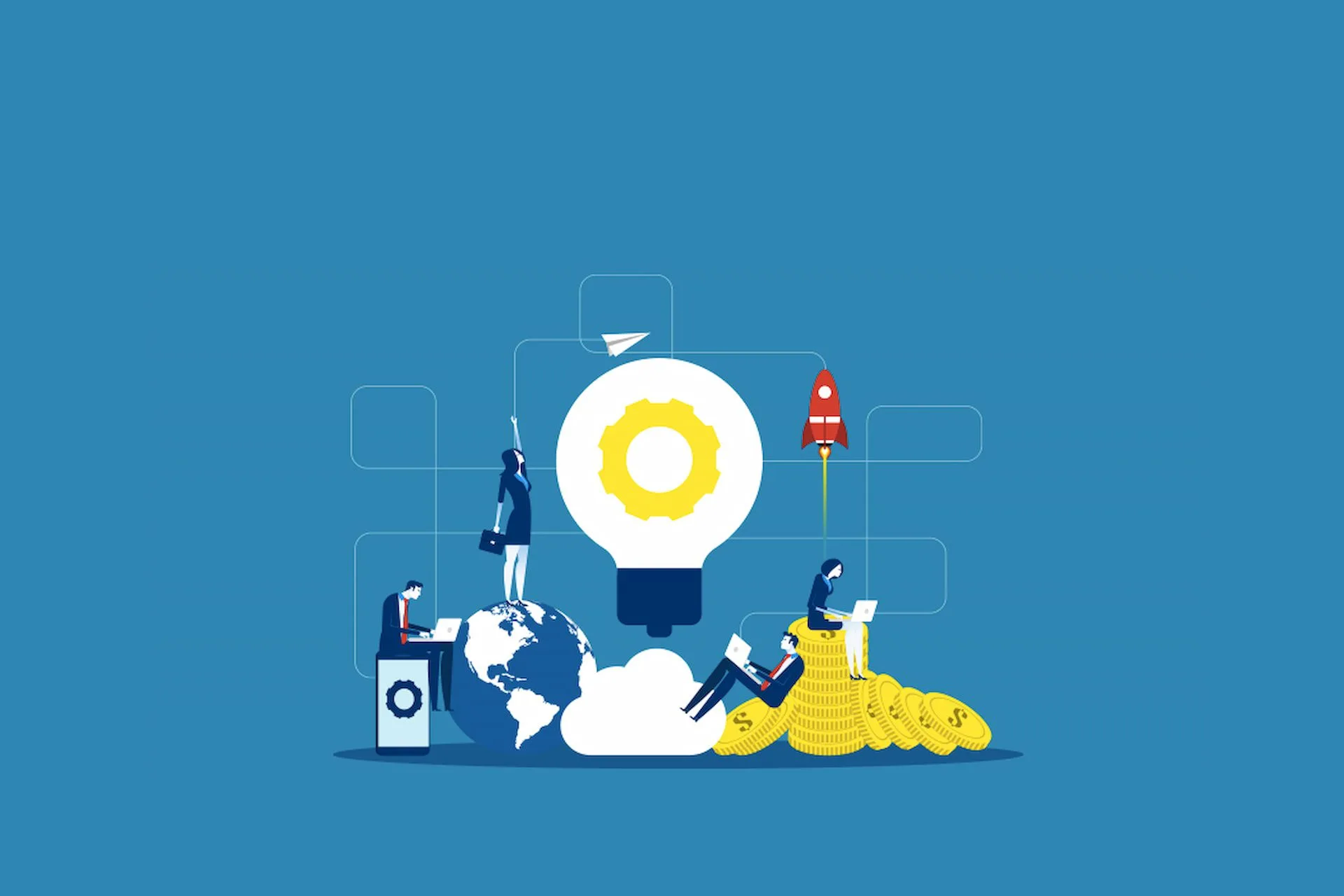The goal of the Gaia-X project is to create a common European digital cloud ecosystem in which transparency, auditability, portability and interoperability between data and services are in force.
What is the cloud and why is it important for the EU
“Cloud” refers to a model for delivering Internet-based services such as storage, computing and applications. It offers various benefits, for example, agility, flexibility and cost reduction, and consists of 3 elements:
- the infrastructure for storing, managing, transferring, and sharing data;
- broadband networks for data transmission,
- powerful computers for data processing.
Today, cloud computing plays an increasing role within business models, as economic and organizational decisions today need data. Data are essential for creating products and services or improving existing ones, but also for facilitating the development of new economic models. The more data (including non-personal data) circulates, the more innovation will permeate every sphere, with benefits -not only economic- for research, businesses, public administration and citizens. It is for these reasons that the European Commission is investing energy in policies that promote the free movement of data. However, in order to achieve this, standardization among the various national ecosystems is necessary.
What is the Gaia-X project and why is it important
Presented at the Digital Summit 2019 in Dortmund, Gaia-X aims to build a European infrastructure that will give Europe digital sovereignty in the cloud.
Data sovereignty is “the ability to have control over your own digital destiny – the data, hardware and software that you rely on and create.” It is particularly important to ensure the digital independence of the European Union from the interests of foreign countries, which may be far more advanced in this regard.
In fact, Europe has always suffered from a lack of data processing capacity within its borders, a situation that drove research and industry players to pursue their goals in non-EU countries whose infrastructures had more computing capacity.
With Gaia-X, the EU will strengthen its digital sovereignty and, as a consequence, also its political and economic clout. This should boost the competitiveness of European companies.
The project is part of a long-term plan, the Europe’s Digital Decade, to achieve a 75 percent adoption rate of advanced cloud services by European companies by 2030. Gaia-X is one of the steps, along with the 2021 Alliance for Industrial Data, Edge and Cloud.
Gaia-X in practice
In essence, Gaia-X is an association that brings together representatives from business, science, and politics at the international level to create an open, transparent, and secure European digital ecosystem in which data and services are collected and shared in complete trust.
Gaia-X will create a kind of federation of cloud infrastructures and providers without replacing existing digital ecosystems, but by making them interact. The association will not provide cloud services directly, but will establish the requirements and design the architecture. It will also standardize what relates to nomencaltures, digital identities and control systems.
Each EU country will be free to implement what Gaia-X establishes on its own, with the only constraint being to comply with rules on service certification, cyber security and privacy.
Membership in the association is also open to non-European entities interested in adhering to its principles.
Labels, data spaces and hubs
Among Gaia-X’s initiatives we would like to mention 3 particularly interesting ones:
- Labels will be a kind of digital seals that will guarantee that a given cloud service complies with EU rules. This will give users more assurance about the quality of the service and, most importantly, its security and data protection. Labels will be assigned only to services, not to providers.
- Data spaces will be virtual environments in which certified information will circulate. This information will be able to be enriched and refined by cooperation among the subjects that will be part of the data space itself. These actors may play different roles but will all be interested in deriving value from the information they and others hold. This collaboration will lead to the improvement of existing services and projects, or the creation of new ones. Data spaces will be dedicated to specific sectors or they may be cross-sectoral, they may bring together multiple geographic territories or circumscribed areas.
- Gaia-X Hubs will be digital laboratories where data collected in data spaces will be translated into concrete projects. Hubs will bring together actors from specific geographic areas, so that real-world collaboration can also be fostered in relation to specific territorial needs. Clearly, the hubs can collaborate with each other, leading to the creation of data spaces with European reach.








